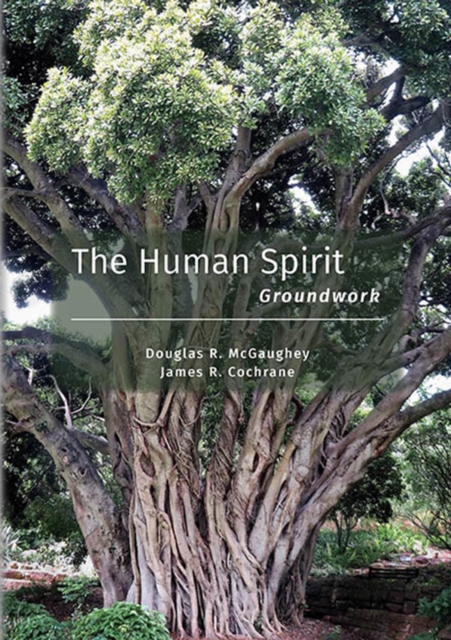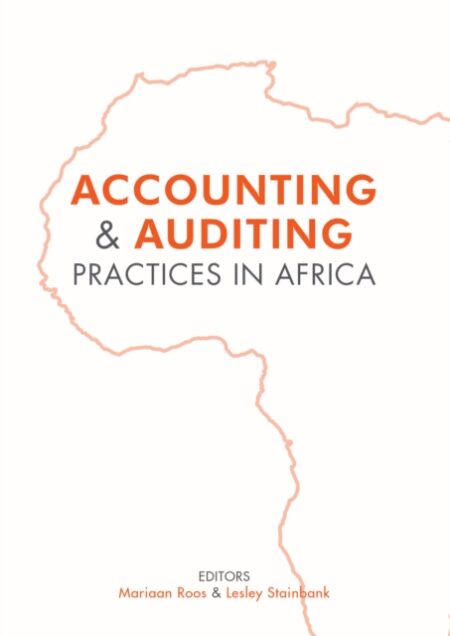-

Modern State Development, Capacity, and Institutions
0R0,00This book makes an important original conceptual and theoretical contribution to our understanding of modern state development, the role of the state, and the South African transition to democracy. Its focus on related concepts such as state capacity, political trust and tolerance adds to insights on the dynamics of political and democratic transitions. Furthermore, the selected focus areas as well as the comparative approach add new insights into the peculiarities of the South African transition, state development, state capacity and state institutions. Its focus on societal dynamics and state-society relations is a significant contribution.
Print: View Print Version
-

Monitoring Systems in Africa
0R325,00Monitoring systems are essential to AfricaOs development effectiveness. Too often, however, monitoring is a time consuming exercise that is done exclusively for compliance. When developed with an understanding of the context within which they are implemented, monitoring systems have the potential to provide an evidence base from which progress can be evaluated and informed decisions made. The establishment, implementation, and institutionalisation of monitoring systems is a nuanced process, shaped by the unique characteristics and culture of each organisation. While Ohow to guidesO on the subject are abundant, their focus is often technical, and they do not sufficiently consider how monitoring practice links to the context of governance and development in the region, and what role monitoring systems can play to strengthen processes of reform.
Monitoring Systems in Africa balances a strong theoretical foundation in governance and development with a practical approach to asking some of the big-picture questions about why and how we could more effectively build and institutionalise systems for useful monitoring. Given the scale of resources already being invested in monitoring, taking a systemic view and theoretically informed approach to monitoring can support decision-making around compliance, accountability, development effectiveness, and performance.
-
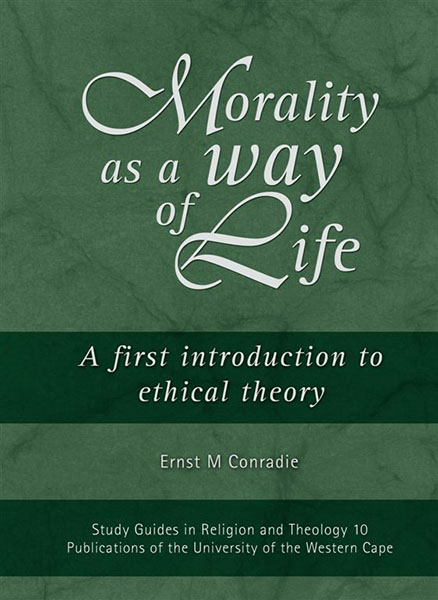
Morality as a Way of Life
0R210,00Since the advent of democracy in 1994, there has been widespread concern over the disintegration of the moral fabric of South African society amongst politicians, business leaders, community leaders and religious leaders alike. Many have recognised the need to build the moral and religious foundations of society, and have encouraged contributions towards the moral regeneration movement.
eBook: View eBook Version
-

Morality as a Way of Life
0R170,00Since the advent of democracy in 1994, there has been widespread concern over the disintegration of the moral fabric of South African society – amongst politicians, business leaders, community leaders and religious leaders alike. Many have recognised the need to build the moral and religious foundations of society, and have encouraged contributions towards the moral regeneration movement.
Print: View Print Version
-

Mother Earth, Mother Africa
0R275,00This volume, Mother Earth, Mother Africa: World Religions and Environmental Imagination, explores the interface of religio-cultural traditions and ecological conservation practices in different African contexts. The authors also reflect on the entwinement between the violation of womenOs rights and the degradation of the Earth which is usually described using feminine terms, hence the designation, OMother Earth.O The three major religious traditions in Africa Christianity, Islam and African Traditional Religions (ATR) are the lenses through which the authors discuss the interconnections between religion, culture and ecological traditions. Peering through African eco-feminist, gender justice and gender inclusive lenses, the authors foreground the importance of tapping into AfricaOs rich religio-cultural resources as vital tools that can be utilised to address the ravaging ecological crisis.
Print: View Print Version
-

Mother Earth, Mother Africa
0R340,00Africa, Christianity, climate change, eco-theology, environmental crisis, feminist theology, Christic environmental liberation paradigm, Christic Okavango, ecological Biblical hermeneutics, environmental Christology, Okavango Delta, ecological theology, African Islam, religion, sustainable development, Varemba, Zimbabwe, Catholic nun, Mother Earth, narrative and participatory practices, pastoral care, Comboni Missionary sisters, environmental sustainability, gender, Mother Earth centre, harmonious relationships, Indigenous Knowledge Systems, Mount Kenya Forest, sacred places, taboos, trees and animals, water, women, adaptation, mitigation, Karanga women, Sustainable Development Goal 13 (SDG 13), traditional, Zimbabwe, Chingwizi area, customary land tenure, land allocation, land redistribution, land ownership.
Ebook: View eBook Version
eBook: View eBook Version
-

Mother Earth, Mother Africa & African Indigenous Religions
0R275,00Africans embrace all of life, the humanity of each person, the world, and the creation of God. Consequently, African indigenous education reflects the completeness of life itself. The various chapters in this volume recount religious events and experiences from individual perspectives as they are unfolding on the continent. The different voices show how modernity, colonisation, urbanisation, Christianity, and technology have sidelined beliefs and practices of African traditional religions (ATRs) to the detriment of the environment. This volume brings together voices from leading proponents of ATRs and African religious heritage to help us appreciate how values are richly entrenched in African religious life. It demonstrates the detailed richness of ATRs and culture and showcases how far the academic study of ATRs in Africa has come, and calls for a concerted effort through partnership between various actors to ensure environmental sustainability.E
-
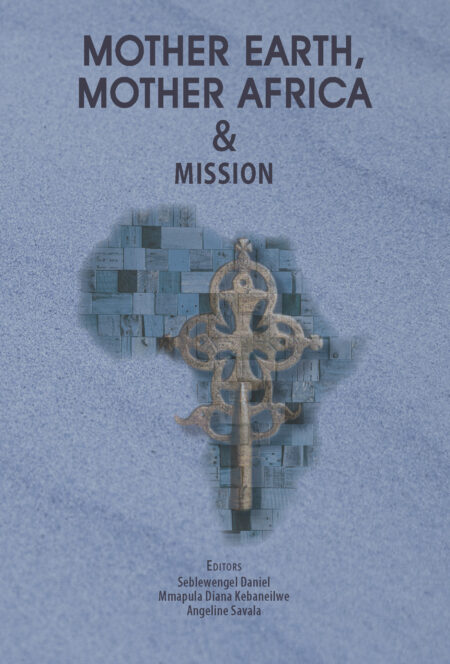
Mother Earth, Mother Africa and Mission
0R220,00The volume is significant in bringing together voices of African women theologians and their allies on the urgent topic of ecology. First, it decisively intervenes into scholarly discourses on ecofeminism by highlighting the reflections of African women scholars and African women as subjects. This function of the volume is very important both at local and global levels. Second, it contributes to contextualizing of scriptural interpretation around the issue of ecology. Biblical reflection occurs throughout the volume and is put into dialogue with African traditions, with ecofeminism, with Africa-based mission projects, and with the current crisis of sustainability and African womenOs roles in protecting the earth. Third, the volume includes several concrete case studies based on interviews and grassroots qualitative research, as well as especially original articles that integrate biblical exegesis of Genesis with reflections on patriarchal legal systems in Botswana, and an original take on Omale headshipO in relation to ecofeminism. Professor Dana L. Robert, Boston University, USA
Print: View Print Version
-

Mother Earth, Mother Africa and Mission
0R275,00The volume is significant in bringing together voices of African women theologians and their allies on the urgent topic of ecology. First, it decisively intervenes into scholarly discourses on ecofeminism by highlighting the reflections of African women scholars and African women as subjects. This function of the volume is very important both at local and global levels. Second, it contributes to contextualizing of scriptural interpretation around the issue of ecology. Biblical reflection occurs throughout the volume and is put into dialogue with African traditions, with ecofeminism, with Africa-based mission projects, and with the current crisis of sustainability and African women’s roles in protecting the earth. Third, the volume includes several concrete case studies based on interviews and grassroots qualitative research, as well as especially original articles that integrate biblical exegesis of Genesis with reflections on patriarchal legal systems in Botswana, and an original take on “male headship” in relation to ecofeminism. – Professor Dana L. Robert, Boston University, USA
Ebook: View eBook Version
eBook: View eBook Version
-
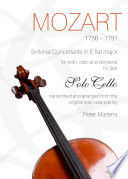
-

Multilingual classroom contexts
0R350,00By far the majority of South African students get their schooling in a second language, which means that our classrooms areEmultilingual. This state of affairs is not exclusive to our country, as can be seen in the many academic conferences on multilingual learning and teaching. Terms like translanguaging and biliteracy appear in many articles and books that discuss the role language in education. What makes the multilingual nature of our South African classrooms challenging, is the fact that many learners switch from one language of learning and teaching to another at various points in their school career: from home language to English or Afrikaans after the foundation phase, from one language of learning and teaching to another when they move to new schools, high school or tertiary institutions. This book is an attempt to highlight the transitions; from home to school, from foundation to intermediate phase, from primary to high school, and from high school to tertiary institutions.
eBook: View eBook Version
-

Multilingual classroom contexts
0R280,00By far the majority of South African students get their schooling in a second language, which means that our classrooms areEmultilingual. This state of affairs is not exclusive to our country, as can be seen in the many academic conferences on multilingual learning and teaching. Terms like translanguaging and biliteracy appear in many articles and books that discuss the role language in education. What makes the multilingual nature of our South African classrooms challenging, is the fact that many learners switch from one language of learning and teaching to another at various points in their school career: from home language to English or Afrikaans after the foundation phase, from one language of learning and teaching to another when they move to new schools, high school or tertiary institutions. This book is an attempt to highlight the transitions; from home to school, from foundation to intermediate phase, from primary to high school, and from high school to tertiary institutions.
Print: View Print Version
